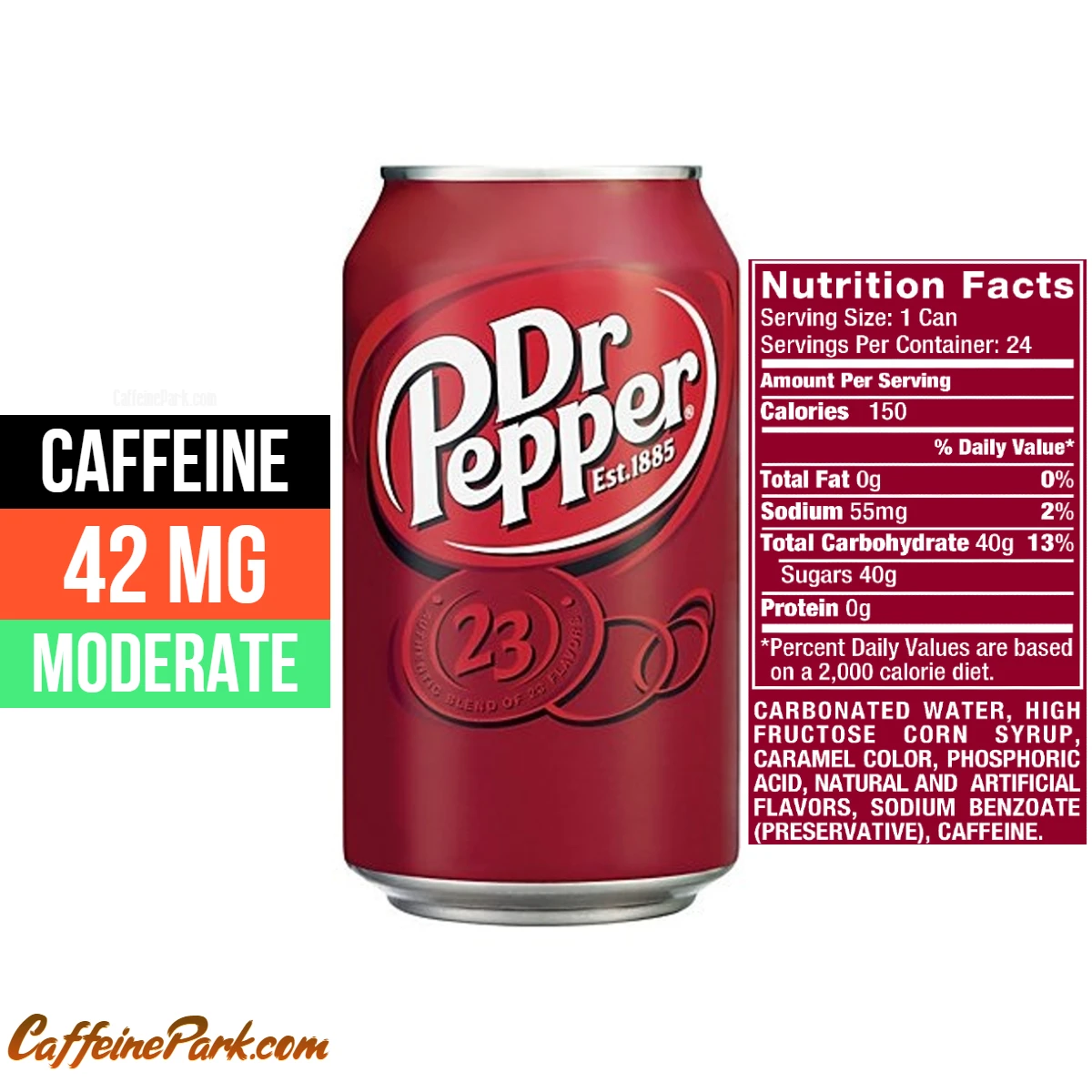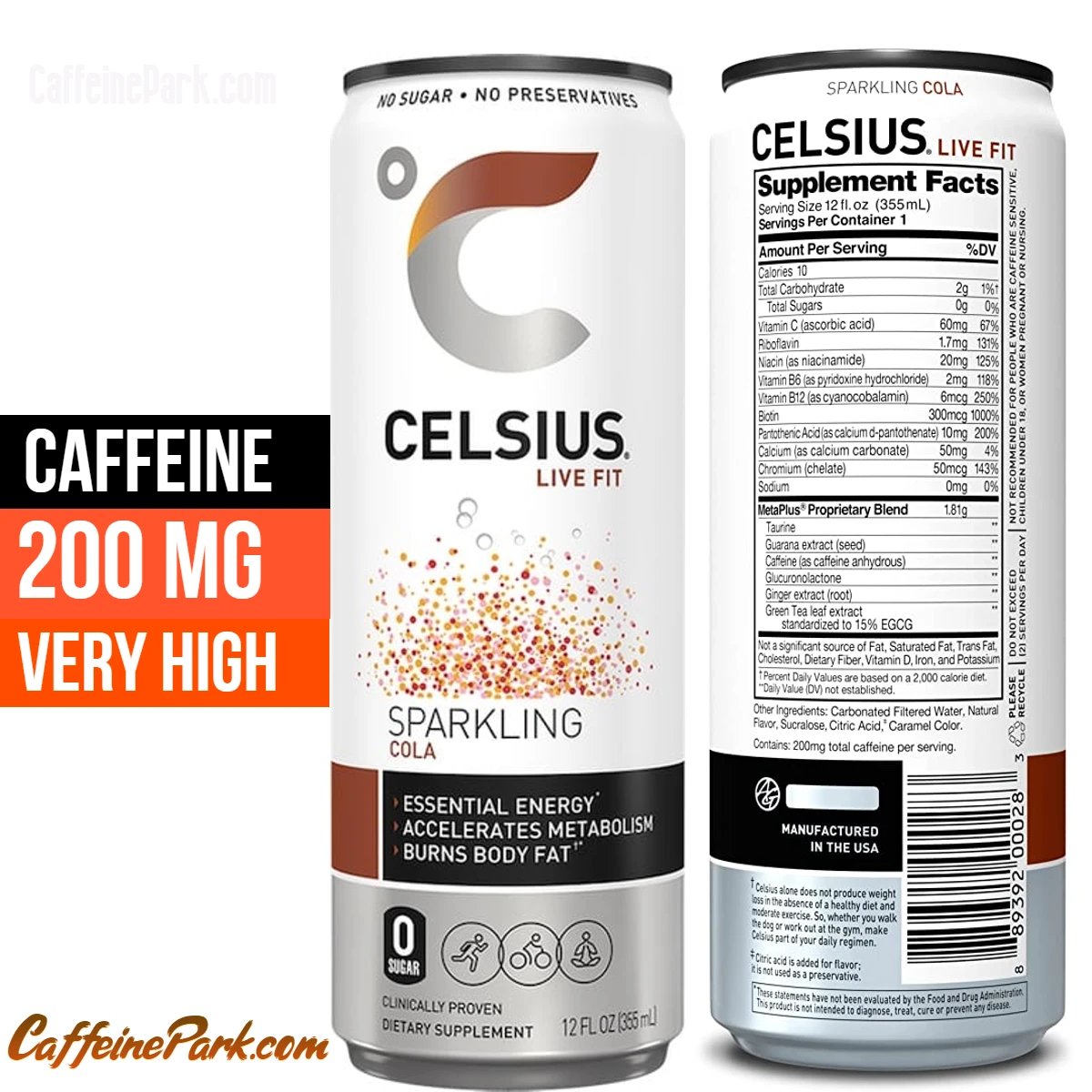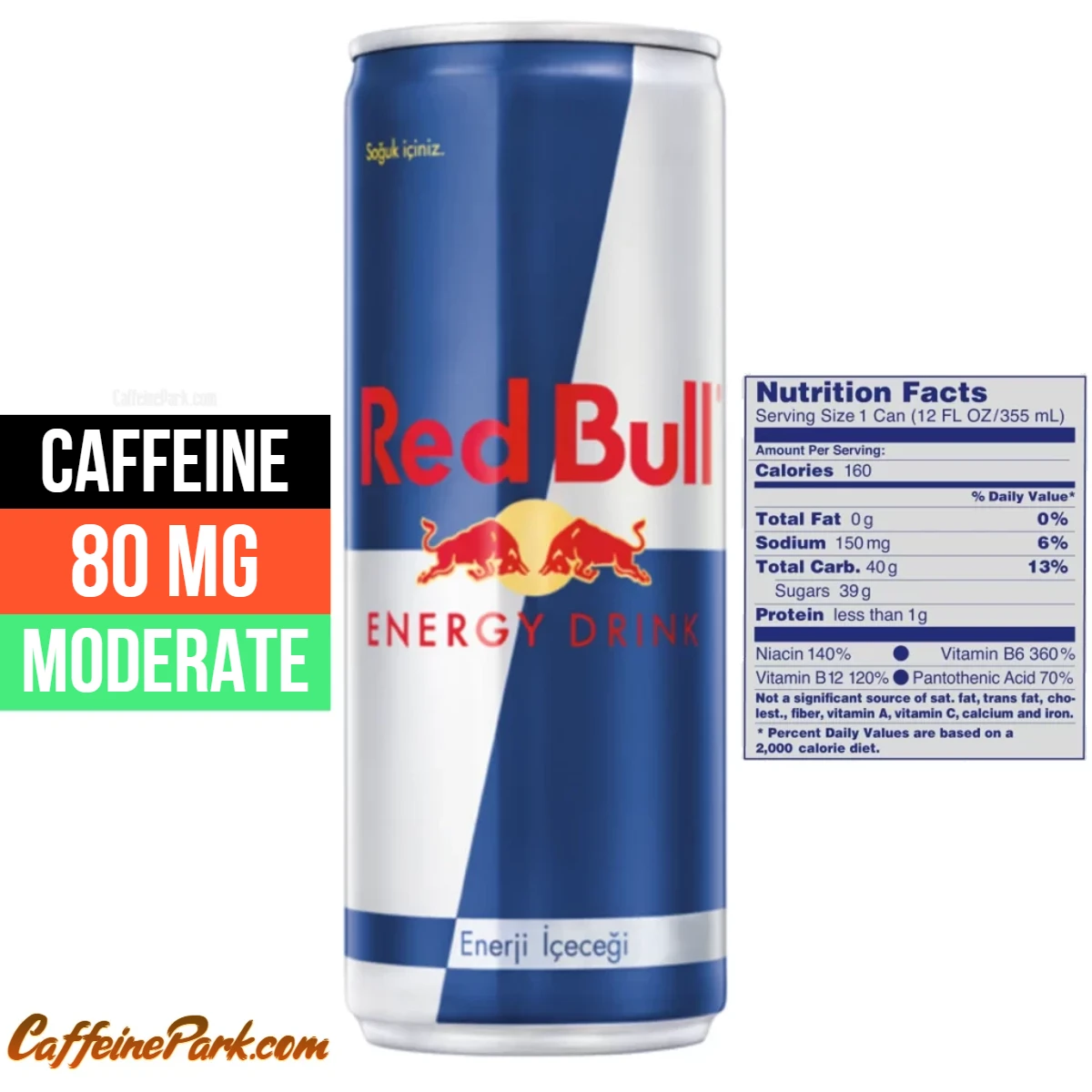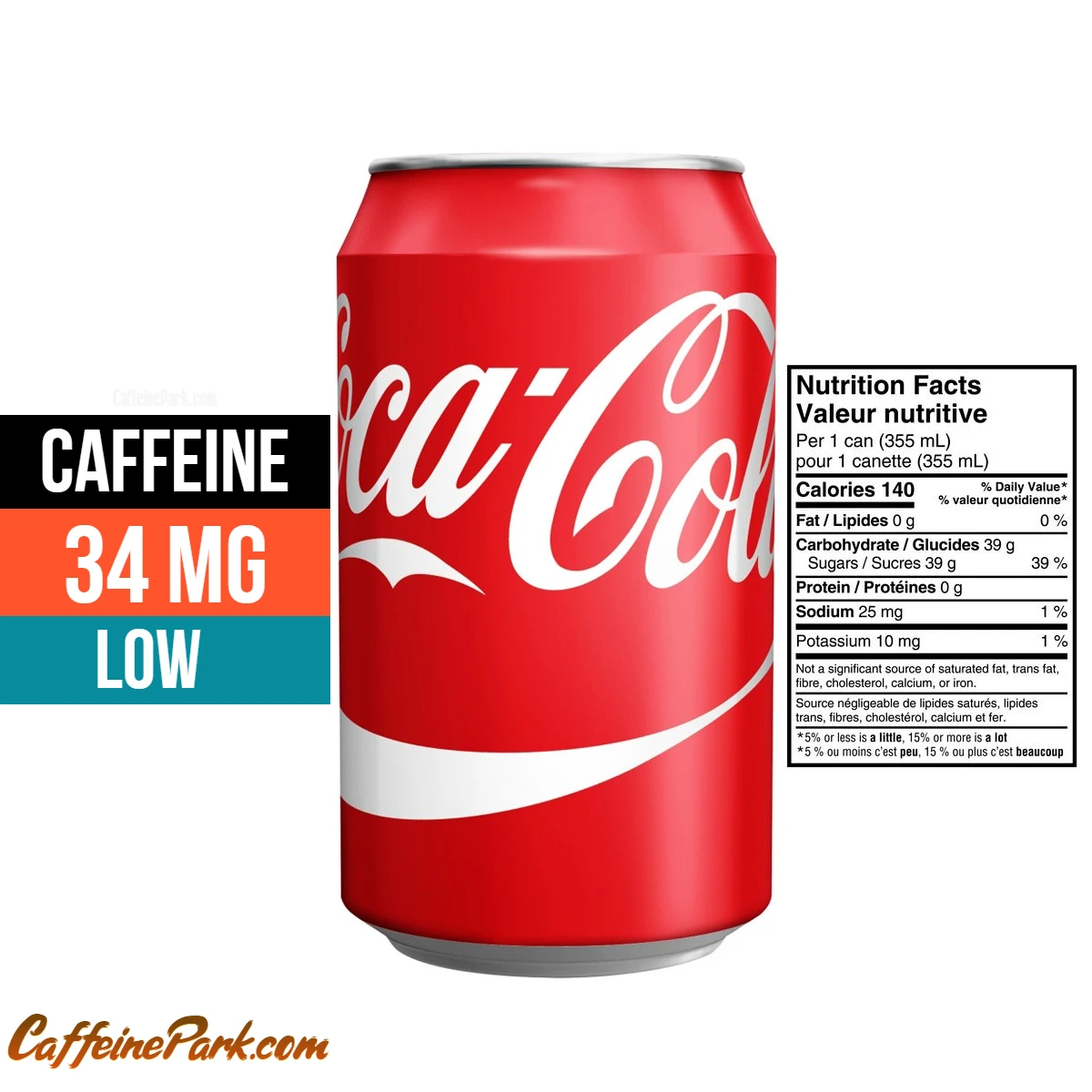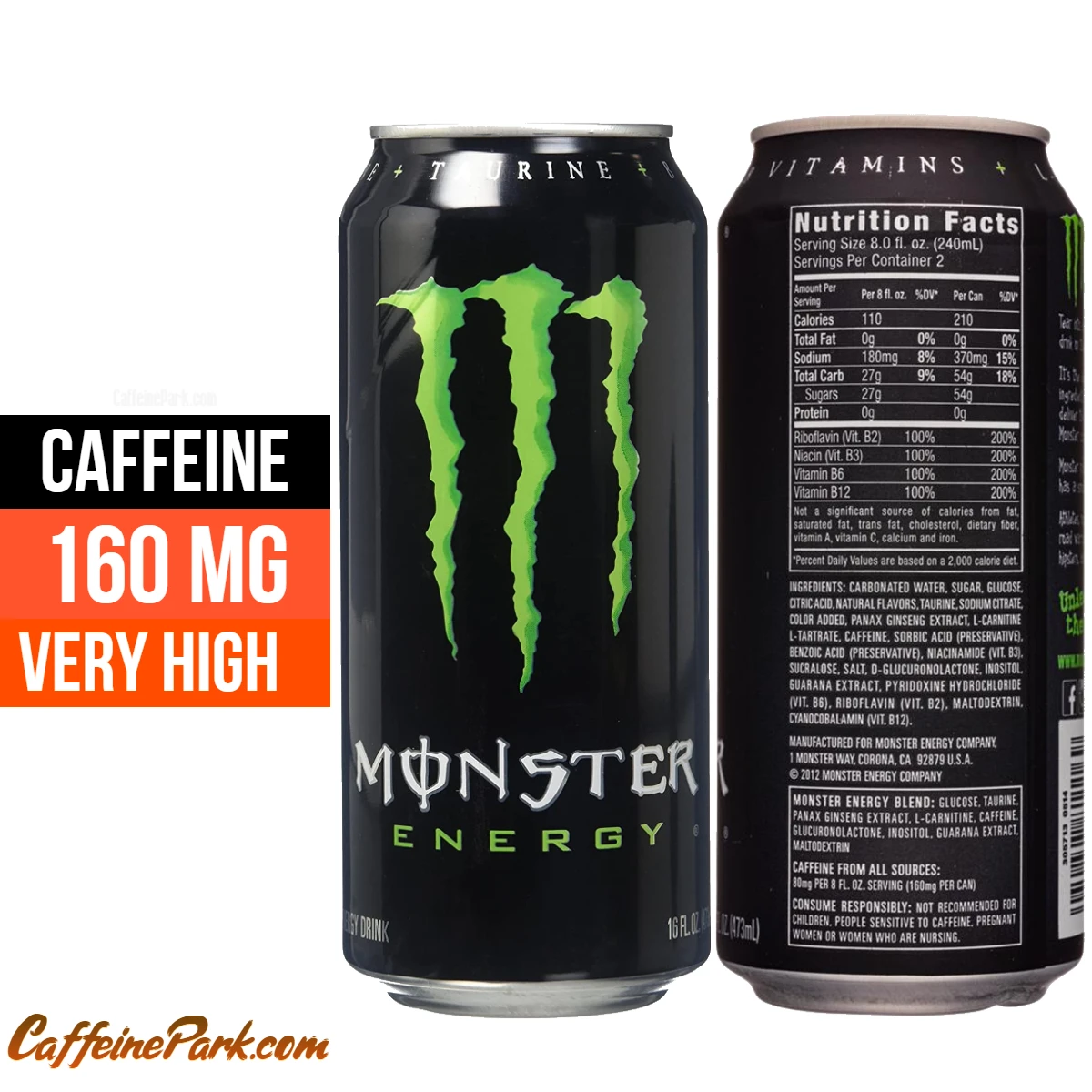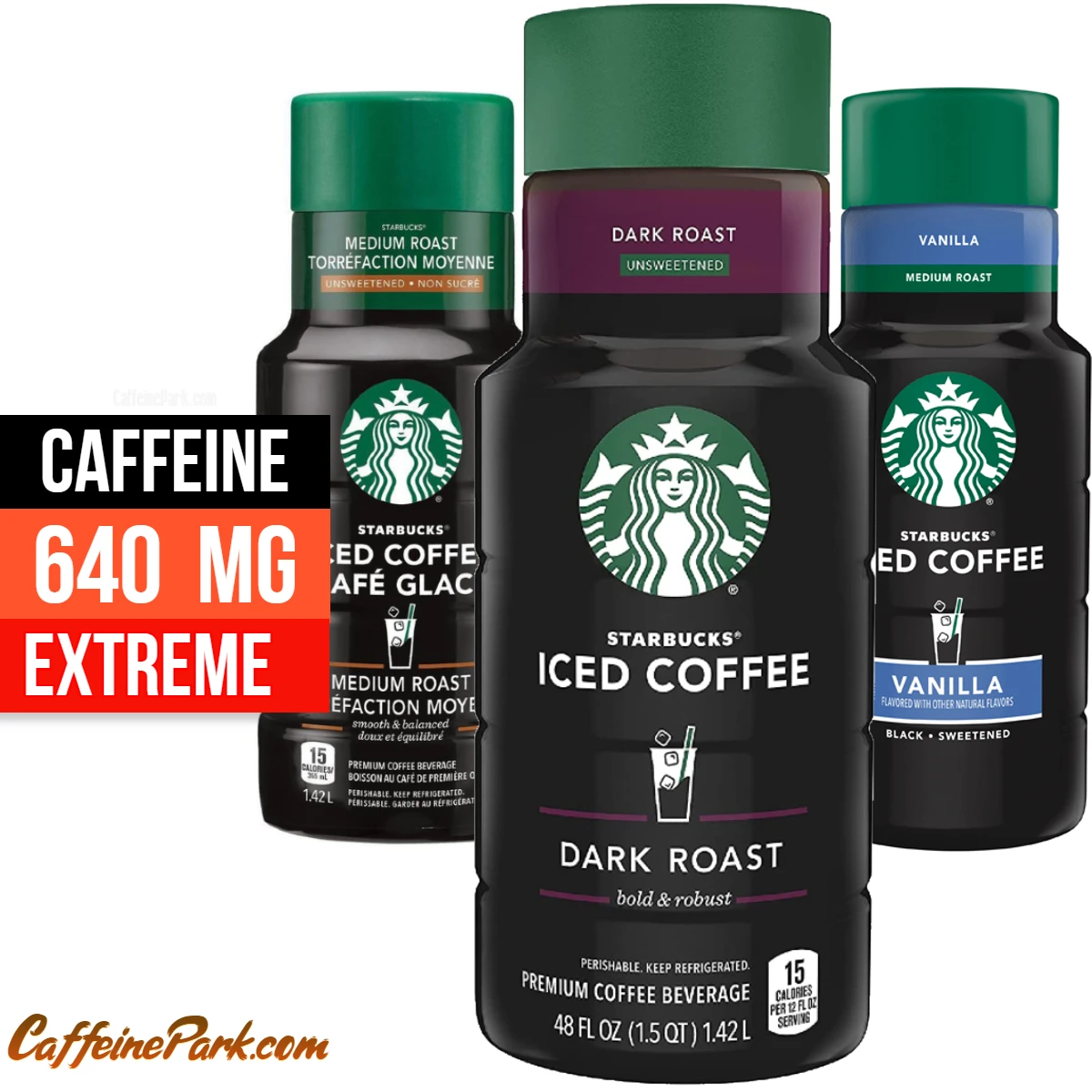K Cup Tea Caffeine Content
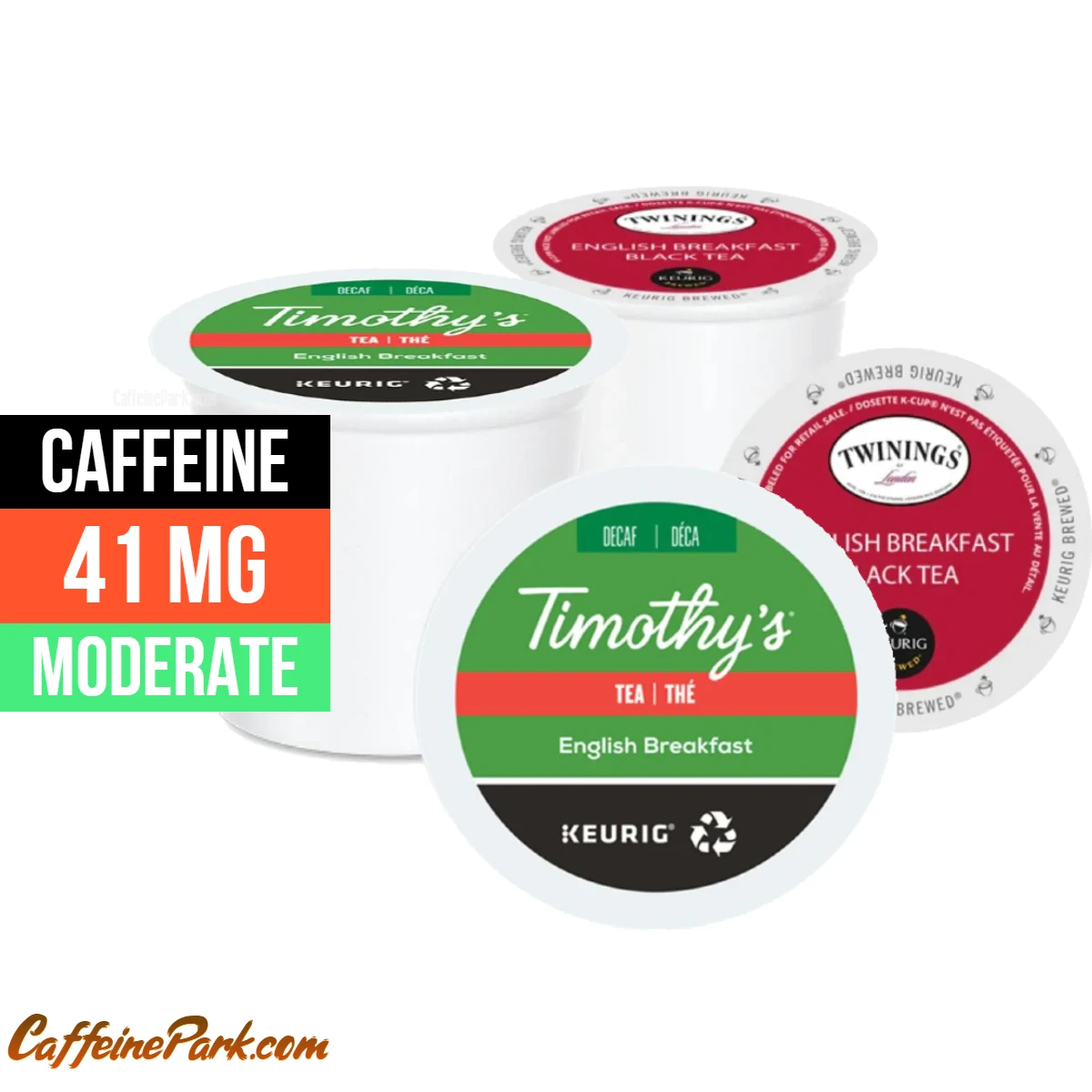
K-Cup tea refers to tea that is packaged in a single-serve pod, specifically designed for use in Keurig-brand brewing machines. These pods, also known as K-Cups, are filled with loose tea leaves or tea bags and are sealed to maintain freshness. To brew a cup of tea, the K-Cup is inserted into the machine, which punctures the top and bottom of the pod to release the tea. The brewed water then flows through the tea and into a cup, providing a convenient and easy way to make a cup of tea.
K-Cup tea is a convenient and easy way to make a cup of tea, but it’s important to consider the caffeine content and active ingredients in the tea you are drinking.
Caffeine is a naturally occurring stimulant found in tea, and it can have varying amounts depending on the type of tea and the brewing method. Some K-Cup teas may have higher caffeine content than others, and it is important to check the label or packaging for the specific caffeine content. On average, a cup of black tea k-cups contains about 41 milligrams of caffeine, while green tea k-cups contain about 30 milligrams, and white tea k-cups contain about 6 milligrams.
In addition to caffeine, tea also contains a variety of active ingredients, including antioxidants and polyphenols. The specific active ingredients in tea can vary depending on the type of tea and the growing and processing methods. For example, green tea is known for its high levels of antioxidants and polyphenols, including EGCG (epigallocatechin gallate), which has been shown to have anti-inflammatory and anti-cancer properties. Black tea, on the other hand, contains theaflavins and thearubigins, which are thought to have anti-inflammatory and anti-cancer properties as well.
It is also important to consider the ingredients of K-Cup teas, some of them may contain added flavors, sweeteners, or other ingredients that may affect the taste and nutritional value of the tea. It is recommended to read the ingredients label and packaging to know what you are drinking.
Does K Cup Tea have caffeine?
Yes, K-Cup Tea (Blak tea) generally contains 41mg of caffeine per 8 fl oz cup while green tea k-cups contain about 30 milligrams per 8 fl oz cup.
| Serving size | Caffeine Amount | Calories | Caffeine strength |
|---|---|---|---|
| 100ml | 17.3 mg | 0 | LOW |
| 8 fl oz cup | 41 mg | 0 | MODERATE |
| 12 fl oz cup | 61.5 mg | 0 | MODERATE |
How Much Caffeine is in K Cup Tea?
- Caffeine Amount: 41 mg
- Caffeine strength: MODERATE
- Calories: 0
- Serving size: 8 fl oz cup
Here is a list of caffeine content in some popular flavors of K-Cup teas, please note that the caffeine content may vary depending on the specific brand and variety of K-Cup tea:
- Black Tea K-Cups: Contains 2-5 mg of caffeine per cup.
- Green Tea K-Cups: Contains 30 mg of caffeine per cup.
- White tea k-cup: typically contains 6-60mg of caffeine per 8 oz serving.
- Herbal tea k-cup: typically contains no caffeine as it is made from herbs, fruits, and flowers
- Earl Grey tea k-cup: typically contains 35-50mg of caffeine per 8 oz serving.
- Chai tea: typically contains 20-60mg of caffeine per 8 oz serving.
- Jasmine tea k-cup: typically contains 25-30mg of caffeine per 8 oz serving.
- Oolong tea k-cup: typically contains 30-50mg of caffeine per 8 oz serving.
- English Breakfast tea k-cup: typically contains 35-50mg of caffeine per 8 oz serving.
- Lemon Ginger tea k-cup: typically contains no caffeine as it is made from herbs, fruits, and flowers.
Caffeine in Lipton K Cup Teas
Here is a list of caffeine content in some popular Lipton K-Cup teas:
- Lipton Decaffeinated Black Tea K-Cups: Contains 2-5 mg of caffeine per cup.
- Lipton Green Tea K-Cups: Contains 30 mg of caffeine per cup.
- Lipton Black Tea K-Cups: Contains 35-40 mg of caffeine per cup.
- Lipton Black Iced Tea K-Cups: Contains 35-40 mg of caffeine per cup
- Lipton Earl Grey Tea K-Cups: Contains 35-40 mg of caffeine per cup.
- Lipton Chai Latte K-Cups: Contains 20-35 mg of caffeine per cup.
- Lipton Energy K Cup Tea: 75 mg of caffeine per cup.
Please note that the caffeine content may vary depending on the specific variety or flavor of Lipton K-Cup tea.

Compare caffeine in K Cup Teas Vs other Tea
| Items | Serving Size | Caffeine |
|---|---|---|
| K Cup Tea | 8 fl oz | 41mg |
| Morning Thunder Tea | 8 fl oz | 45mg |
| Lipton Tea | 8 fl oz | 55mg |
| Bigelow Tea | 8 fl oz | 45mg |
| PG Tips Black Tea | 6.78 fl oz | 50mg |
| White Tea | 8 fl oz | 28mg |
Review
K-Cup teas are a convenient and easy way to make a cup of tea, with a wide variety of flavors and varieties available. While they may not have the same depth of flavor and complexity as loose-leaf teas, they are still a delicious option for many tea drinkers. It is important to be aware of the caffeine content and ingredients in the teas and to consume them in moderation. It is also recommended to read the ingredients label and packaging before consuming.
History
The K-Cup was first introduced by Keurig, a company that specializes in single-serve brewing systems, in 1998. The K-Cup is a single-serve pod filled with coffee, tea, or other hot beverage. The K-Cup is inserted into a Keurig brewing machine, which punctures the top and bottom of the pod, releasing the contents into a cup. The K-Cup quickly gained popularity for its convenience and ease of use, and today, there are a wide variety of K-Cup teas available on the market.
Taste and Flavor
K-Cup teas come in a wide variety of flavors and varieties, including black, green, white, and herbal teas. The taste and flavor of K-Cup teas can vary depending on the type of tea and the ingredients used. Many K-Cup teas are made with high-quality tea leaves or tea bags, and they are often blended with natural flavors or sweeteners to create a delicious and satisfying taste. Some popular flavors of K-Cup teas include Earl Grey, chai, and lemon ginger.
Ingredients and Nutrition
The ingredients in K-Cup teas can vary depending on the type of tea and the specific brand. Most K-Cup teas are made with high-quality tea leaves or tea bags, and they are often blended with natural flavors or sweeteners to create a delicious and satisfying taste. It is recommended to read the ingredients label and packaging to know what you are drinking.
Tea leaves are rich in antioxidants and polyphenols, specifically catechins, flavonoids, and theanine, which can help lower the risk of heart disease, cancer, and other chronic diseases. Some teas like green tea contain a high amount of EGCG (epigallocatechin gallate), which has been shown to have anti-inflammatory and anti-cancer properties.
Side effects
While K-Cup teas are generally considered safe to consume, excessive caffeine consumption can cause side effects such as jitteriness, anxiety, and insomnia. It is important to be aware of the caffeine content in the tea you are drinking and to consume it in moderation. It is also important to note that some people may be allergic or sensitive to the ingredients used in K-Cup teas, so it is always a good idea to check the ingredient’s labels and packaging before consuming.
Price and Availability
K-Cup teas are widely available and can be purchased online or at many retail stores. The price of K-Cup teas can vary depending on the brand and the specific variety, but they are generally considered to be a convenient and affordable option for making a cup of tea.
Comparison to others
K-Cup teas are a convenient and easy way to make a cup of tea, but they are not the only option available. Loose-leaf teas and tea bags are also widely available and can be brewed using traditional brewing methods. Loose-leaf teas are considered to be of higher quality and have better taste than tea bags and K-Cups, which may have added ingredients or preservatives. However, loose-leaf teas and traditional brewing methods can take more time and effort to prepare.
Customer Reviews
K-Cup teas generally receive positive reviews from customers, who appreciate the convenience and ease of use of the product. Many customers also enjoy the wide variety of flavors and varieties available, and they appreciate the high-quality tea leaves or tea bags used in the products. Some customers may find that the taste of K-Cup teas is not as good as traditional brewing methods, and they may find that the teas lack the depth of flavor and complexity that loose-leaf teas can provide. However, the majority of customers find K-Cup teas to be a convenient and delicious option for making a cup of tea.
Best brands
There are many different brands that offer K-Cup tea pods for use with Keurig brewing machines. Some of the most popular and well-regarded brands include:
- Twinings k-cups
- Lipton k-cups
- Tazo k-cups
- Bigelow k-cups
- Celestial Seasonings k-cups
Pros and Cons
Pros:
- Convenient and easy to use
- Wide variety of flavors and varieties available
- High-quality tea leaves or tea bags used in the products
- Can be purchased online or at many retail stores
Cons:
- May not have the same depth of flavor and complexity as loose-leaf teas
- Can be more expensive than traditional brewing methods
- Some customers may find the taste to be less than traditional brewing methods
- Some K-Cup teas may contain added ingredients or preservatives
FAQs
How do I use K-Cup tea?
To use a K-Cup tea, simply insert the K-Cup into a Keurig brewing machine and follow the manufacturer’s instructions for brewing. The machine will puncture the top and bottom of the K-Cup, releasing the tea into a cup.
What are the different types of K-Cup teas available?
There are a wide variety of K-Cup teas available on the market, including black, green, white, and herbal teas. Some popular flavors include Earl Grey, chai k cups, and lemon ginger.
How much caffeine is in a K-Cup tea?
The caffeine content in K-Cup teas can vary depending on the type of tea and the specific brand. It is important to check the label or packaging for the specific caffeine content, but generally, a cup of black tea contains about 41 milligrams of caffeine, while green tea contains about 30 milligrams, and white tea contains about 6 milligrams.
Are K-Cup teas more expensive than traditional brewing methods?
The price of K-Cup teas can vary depending on the brand and the specific variety, but they are generally considered to be a convenient and affordable option for making a cup of tea. However, in some cases, they can be more expensive than traditional brewing methods depending on the brand and store.
Are K-Cup teas good for health?
K-Cup teas are generally considered safe to consume, and tea leaves are rich in antioxidants and polyphenols, which can help lower the risk of heart disease, cancer, and other chronic diseases. Some teas like green tea contain a high amount of EGCG (epigallocatechin gallate), which has been shown to have anti-inflammatory and anti-cancer properties. However, it is important to be aware of the caffeine content and ingredients in the teas and to consume them in moderation.
Can My K-Cup be used for tea?
With the Keurig K-cup brewing system, you can brew K-cups of all types of tea including loose-leaf tea. You can even brew K-cups with different flavors like lemonade or gingerbread! Simply place the K-cups in the Keurig K cup holder and press the button. The K-cup will automatically fill and then pour hot water through the K-cups. When done, the K-cups will automatically eject out of the machine. All you need to do is rinse the cups and put them back in the box for storage or reuse.

Are K-Cup tea pods more expensive than loose leaf teas or tea bags?
The price of K-Cup tea pods can vary depending on the brand and the specific variety, but they are generally considered to be a convenient and affordable option for making a cup of tea. However, in some cases, they can be more expensive than loose-leaf teas or tea bags depending on the brand and store.
Are K-Cup tea pods eco-friendly?
The K-Cup pods are not considered to be environmentally friendly because they are not biodegradable and they generate a lot of waste. Some companies have come up with alternative ways such as using biodegradable cups or recycling programs, but they are not as common as traditional K-Cups.
Read More:
- HICAF Tea Caffeine Content
- Best Green Tea K-Cups
- K Cup Decaf Caffeine Content
- Morning Thunder Tea Caffeine Content
Contents
- Does K Cup Tea have caffeine?
- How Much Caffeine is in K Cup Tea?
- Caffeine in Lipton K Cup Teas
- Compare caffeine in K Cup Teas Vs other Tea
- Review
- FAQs
- How do I use K-Cup tea?
- What are the different types of K-Cup teas available?
- How much caffeine is in a K-Cup tea?
- Are K-Cup teas more expensive than traditional brewing methods?
- Are K-Cup teas good for health?
- Can My K-Cup be used for tea?
- Are K-Cup tea pods more expensive than loose leaf teas or tea bags?
- Are K-Cup tea pods eco-friendly?
